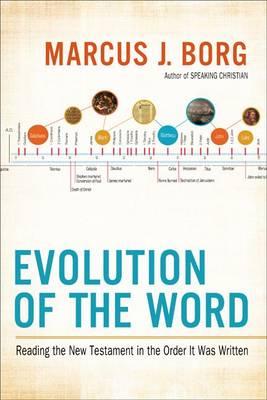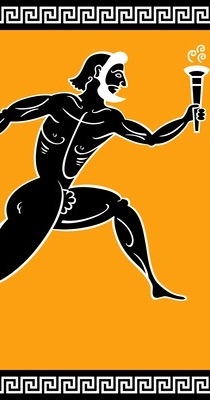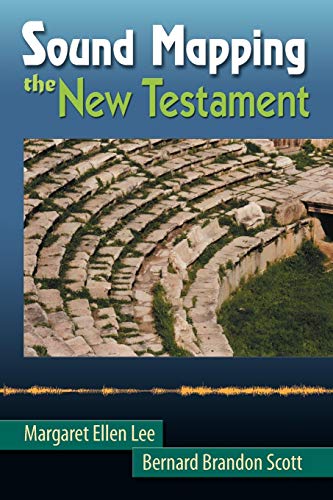I hear people quote 2 Timothy 3.16* as their way to “prove” the Bible is historically accurate and should be obeyed in every way. With all the violence and out-dated rules in the Bible, this interpretation seems hard to justify. Is there another way to read this?
When we are not grateful to the giver of our blessings, we develop insensitivity and an attitude of entitlement. This shuts us out of the divine flow and keeps us distant from grace. In contrast, expressing gratitude opens our hearts and invites more blessings into our lives. Cultivating an attitude of thanksgiving for all we receive is the surest way to awaken awareness to God’s presence in every moment.
The church as we know it came about when one group of believers was opposed by a dissenting group. Then it became necessary for each group to define their concepts of Christianity and to label all others heretics.
The Greek word for “faith” in the New Testament is pistis, which occurs 243 times. As a noun, pistis is used as a technical term for “forensic evidence.” In other words, faith is not blind; we must investigate to establish the facts. I agree with retired Episcopal bishop, John Shelby Spong, who writes, “My problem has never been my faith. It has always been the literal way that human beings have chosen to articulate that faith.” To many Christians, faith means believing highly suspect claims, which is a problem for me. Thinking isn’t a sin. God created our minds and I’m certain that we were intended to use them.
When it comes to the existence of the devil, people normally have one of two reactions: they dismiss the devil and scoff at the idea that there is such an entity, or they exalt the devil, and attribute far more to him (or it) than is deserved. In a recent Gallup poll, 70% of Americans believe in the devil. Half of those surveyed believe that he (this evil force is most often referred to in masculine terms) is a personal force, while the other half believes he is an impersonal force. Let us see what the Bible says about Satan, the devil and the evil one.
The New Testament in the Order the Books Were Written
the full-text of the New Testament—and one of the only Bibles organized in chronological order and including explanatory annotations that give readers a more informed understanding of the Scripture
Jesus' Way of Confounding the Trophy-centric Ways of this World
The ancient Olympic games were a series of athletic competitions between city-states. The results determined who were the winners, and who were the losers. But during the games, any conflict between the warring states was forbidden. If ever there was a time when that Olympic torch should be lit and never be extinguished, perhaps this is it. But how? It seems international good sportsmanship inside the stadium can only be assured by heavy security on the outside; where unruly competing self-interests would seek to turn winning at all cost into a blood sport. The previous Words & Ways commentary explored a foolish kind of wisdom once espoused by a Galilean sage through his teaching, the parables he told, and even the seeming absurdity found in his miracles (see "The Foolishness of Jesus"). It is this same Jesus tradition that also proposes such counter-cultural notions that one can “win by losing," and “the last shall be first." Here's John Bennison's latest commentary from Words & Ways.
Basically, the Church was developing within a strongly partiarchal and heirarchical society.... Despite the freshness and hopefulness we see in Jesus and Paul, it is not surprising that male domination would soon assert itself and claim exclusive leadership privileges. Maybe women could lead among women, of course... no real complication or threat there.
There is much discussion in the public arena about homosexuality, access to birth control and access to abortion. I have not heard one person say anything about First Amendment Rights in connection with homosexuality or access to birth control.
The events in the life of Jesus of Nazareth did not happen in a vacuum, nor are these events history as history is now defined.
In the Hellenistic world, writings were read aloud, heard and remembered. But modern exegesis assumes a silent text. The disjuncture between ancient...
Texts: Dt. 11:18-21. You shall...lay up these words of mine in your heart and in your soul' and you shall bind them as



















